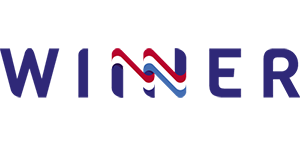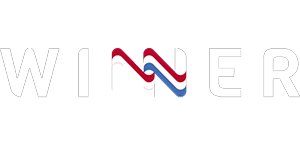Academic Freedom, Science and Digital Transformation
Speakers
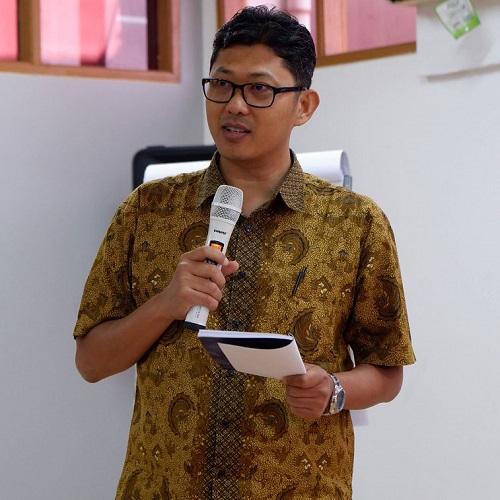
Herlambang Wiratraman
Assistant Professor at Universitas Gadjah Mada (UGM)
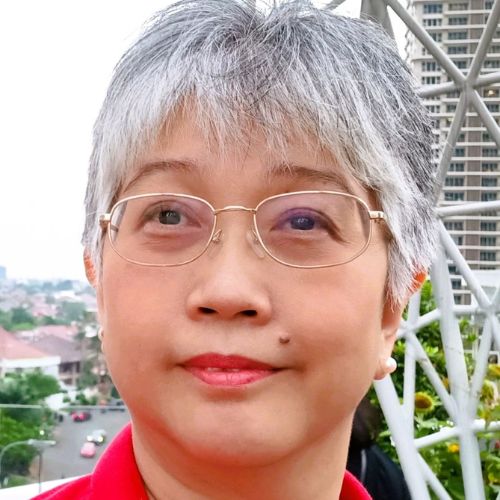
Paulina Pannen
Chair of the Indonesia Cyber Education Institute under the auspices of Universitas Terbuka

Annelien Bredenoord
Rector Magnificus of EUR
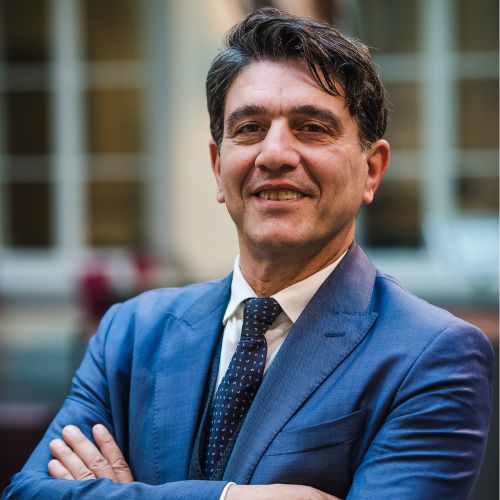
Cosimo Monda
Director of the European Centre on Privacy and Cybersecurity (ECPC) at the Faculty of Law
Moderator
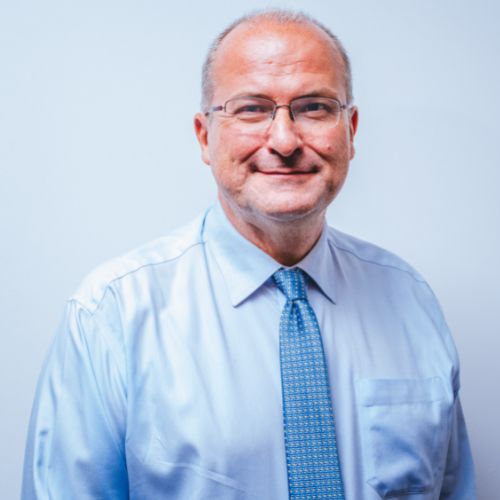
Peter van Tuijl
Director of Nuffic Neso Indonesia
Event Details
The ongoing digital transformation of knowledge generation and education has ambiguous impacts on Academic Freedom. On the one hand, the introduction of new technologies creates new opportunities to identify problems, improve research, methodologies of research and education and efficiency, and expand the inclusivity of education and learning. The latter is exemplified in a country like Indonesia by the opportunity to reach out to students and researchers in the many remote areas of the country.
On the other hand, an increasing dependence on the same technologies also bring considerable risks and potential constraints, for safety and security of information and learning systems (several Indonesian and Dutch Universities and NWO were subject of serious cybercrime in the recent past), the obligation to protect personal information (GDPR rules in Europe– Indonesian cyber security framework is quite similar) as well as the need to protect intellectual property in new ways, because information becomes accessible differently and can be shared more widely. The ensuing need to uphold ethical and legal standards by means of greater digital security and protection of data and communications may very well end up in limiting the space for Academic Freedom and knowledge collaboration across borders. Moreover, digital management information systems that are supposed to be supportive in this regard, have a tendency to be complicated, expensive and are cumbersome to be implemented across different organizational and academic cultures.
How do Higher Education Institutions in Indonesia and the Netherlands approach these seemingly divergent tendencies? How to maximize the digital transformation in a positive way and how to limit the potential negative impacts, not the least to sustain an optimal space for international academic and research collaboration? Does this have consequences for how we teach about technology and cyber security? And do we adequately engage with policy and rule-makers? Where to strike the balance in the digital transformation of knowledge and education between technology, policy and principles?
Video Recording
